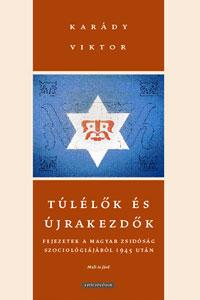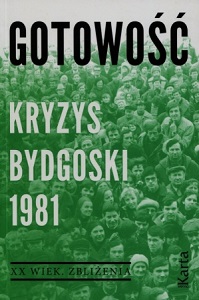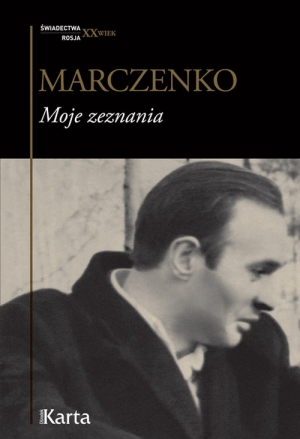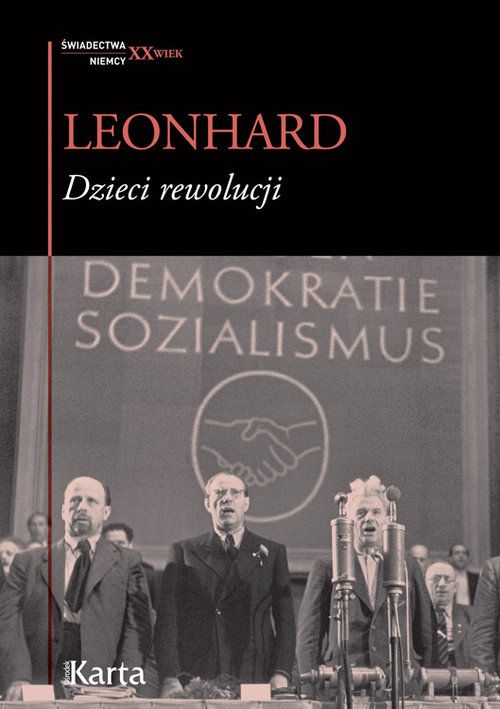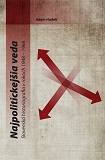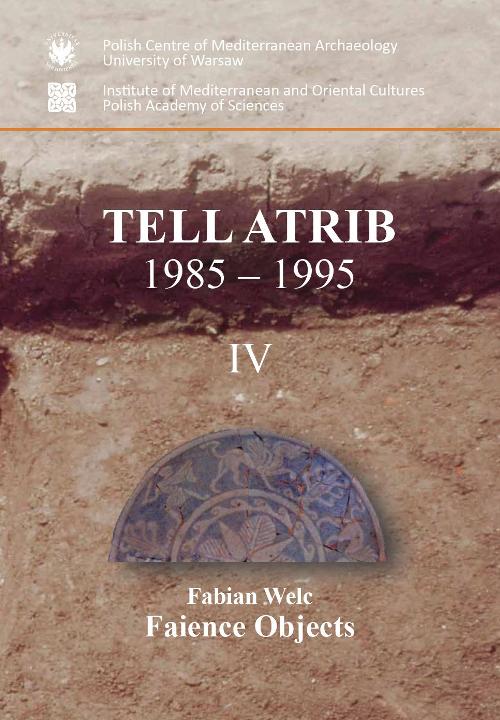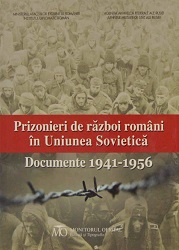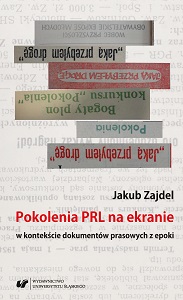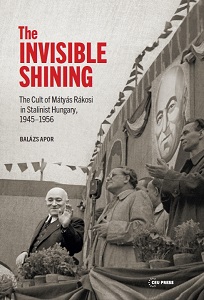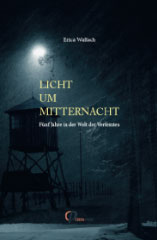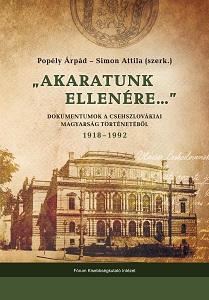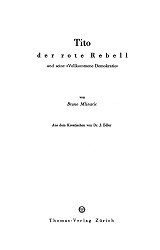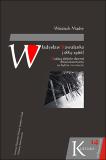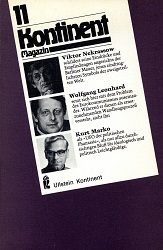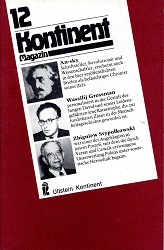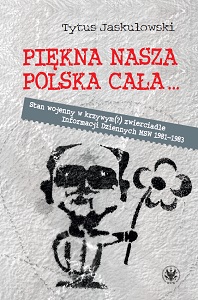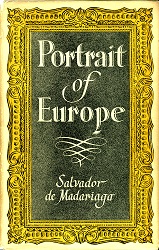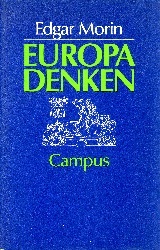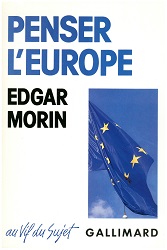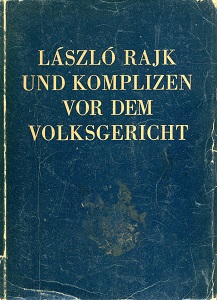Author(s): Adam Hudek / Language(s): Slovak
The beginning of the Communist dictatorship in 1948 was one of the most important milestones in the history of Slovak historiography. We can justifiably speak of the new formation of Slovak historical science from the organisational, personnel and thematic points of views, even though the full consequences of the introduction of Marxism-Leninism in historical research were only fully noticeable from the 1950s onwards. Before 1948, Marxist historiography in Slovakia hardly existed at all and even after the Communist coup, it took a long time for the Marxist historical school of though to even begin to produce relevant works. This turning point in Slovak historiography, however, was not as complete in any direction as the official Communist propaganda declared. When analysing the institutional base of Slovak historical science, we must in the first instance record the setting up of the Historical Institute of the SAV (up to 1953 called SAVU) as the leading establishment for historical research. The institute, as the top institution, replaced the Historical Seminar of Comenius University, which fulfilled this function in the period of the First Republic, and the Historical Section of Matica slovenská which held an important position during the Slovak State. At this time, the centres of research in historical science came under the strict control of state and party institutions. The system of historical research during this period stabilised itself as a relatively operative model, but one not accepted without reservations. From 1948, a mixture of rational decision-making and demonstrations of class hatred ruled the human resources policy of institutions concerning themselves with history. The Communist regime began the larger-scale screening of historians at the beginning of the 1950s. However, it could not afford mass redundancy, since there was no one with whom to replace the “unsuitable” employees. In this way, the purges only affected a small number of historians, and only for a certain time. In general, state power did not hinder their research work, even in the case of screening reservations, on condition that the historians displayed loyalty to the regime and its ideology in their work. In the interpretation of national history, no deviations from the prevailing Marxist dogmas of the time were allowed. After 1948, a new, Marxist, master narrative began to be created. Its old, non-Marxist concepts were labelled as unusable, not taking into account Marxist notions of historical development. In Slovakia, Marxism-Leninism was installed in historiography in its most vulgar, Stalinist form by Communist ideologists who also set up the basic shape of the new, master narrative. In this way, historical science in the 1950s only participated in the creation of the national story by developing and confirming the lines defined by the party central office and by filling in the schemes given in advance. Historical research directly driven by ideology thus produced more or less trustworthy theories that in the end led to a distortion of history, and often the devaluing of new knowledge, too. The disintegration of Stalinist dogmatism in the second half of the 1960s brought with it a partial revision of these theories. At this time, the most problematic distortions in the Slovak master narrative were revised. Even though the Marxist base of historical science was respected, historians often inclined towards older, non-Marxist versions of the national story. In conclusion, we can state that the characteristic sign of Slovak historiography since its beginning was (sometimes more or less visible) the attempt to create an independent Slovak national story which would not merge with, and would not be part of, the Hungarian or Czech master narratives. However, this process was not totally completed even during the 1948-1967 period.
More...
